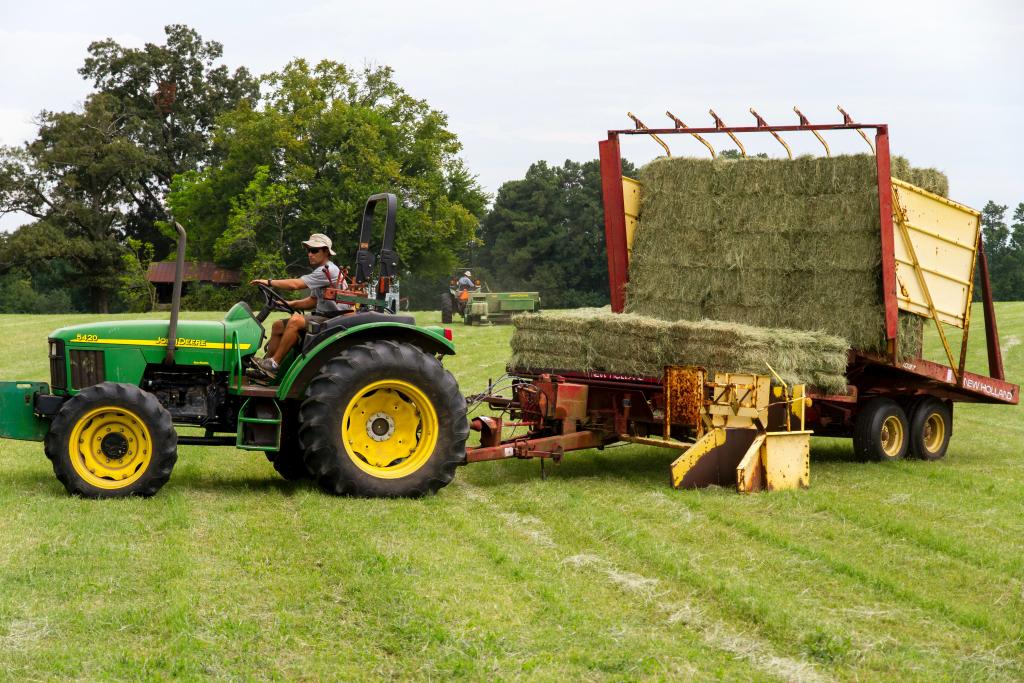
It is of enormous benefit to numerous charities that ticket prices for admission to their fund-raising events are exempt from VAT. In taking a broad view of the extent of that exemption, the First-tier Tribunal (FTT) opened the way for the organiser of an agricultural show to receive a six-figure tax rebate.
An agricultural society and registered charity organised annual farming shows that were very well attended and generally yielded a seven-figure surplus that was spent on promoting its charitable purposes. It initially treated its admissions income from one of the events as subject to standard-rate VAT, but subsequently asserted that it had done so in error. HM Revenue and Customs, however, rejected its application for a rebate in excess of £200,000.
The society’s challenge to that decision hinged on the correct interpretation of the so-called ‘fund-raising exemption’ contained in Schedule 9 of the Value Added Tax Act 1994. The exemption applies to events which are organised by one or more charities for the primary purpose of raising money and which are promoted as such.
Upholding the appeal, the FTT acknowledged that fund-raising was not the exclusive purpose of the event. Its dual, interconnected purposes were to raise money and to educate the public in farming matters. On a true reading of the legislation, however, the FTT found that, in order to qualify for the exemption, it is necessary for fund-raising to be ‘a’, rather than ‘the’, primary purpose of a charity event.
The society agreed that it did not promote the event as being primarily for the raising of money. However, it was unambiguously stated on fliers and on the back of tickets that the event raised funds for the society to support farming and the countryside. When the wording of the exemption was varied so as to conform with underlying EU legislation, those steps were sufficient to meet the promotion criteria.
The ruling meant that ticket admission charges to the event were exempt from VAT and the society’s rebate application was thus allowable. The society’s appeal against a VAT assessment raised against it in respect of a subsequent event was also upheld. That assessment had, in any event, been raised too late.